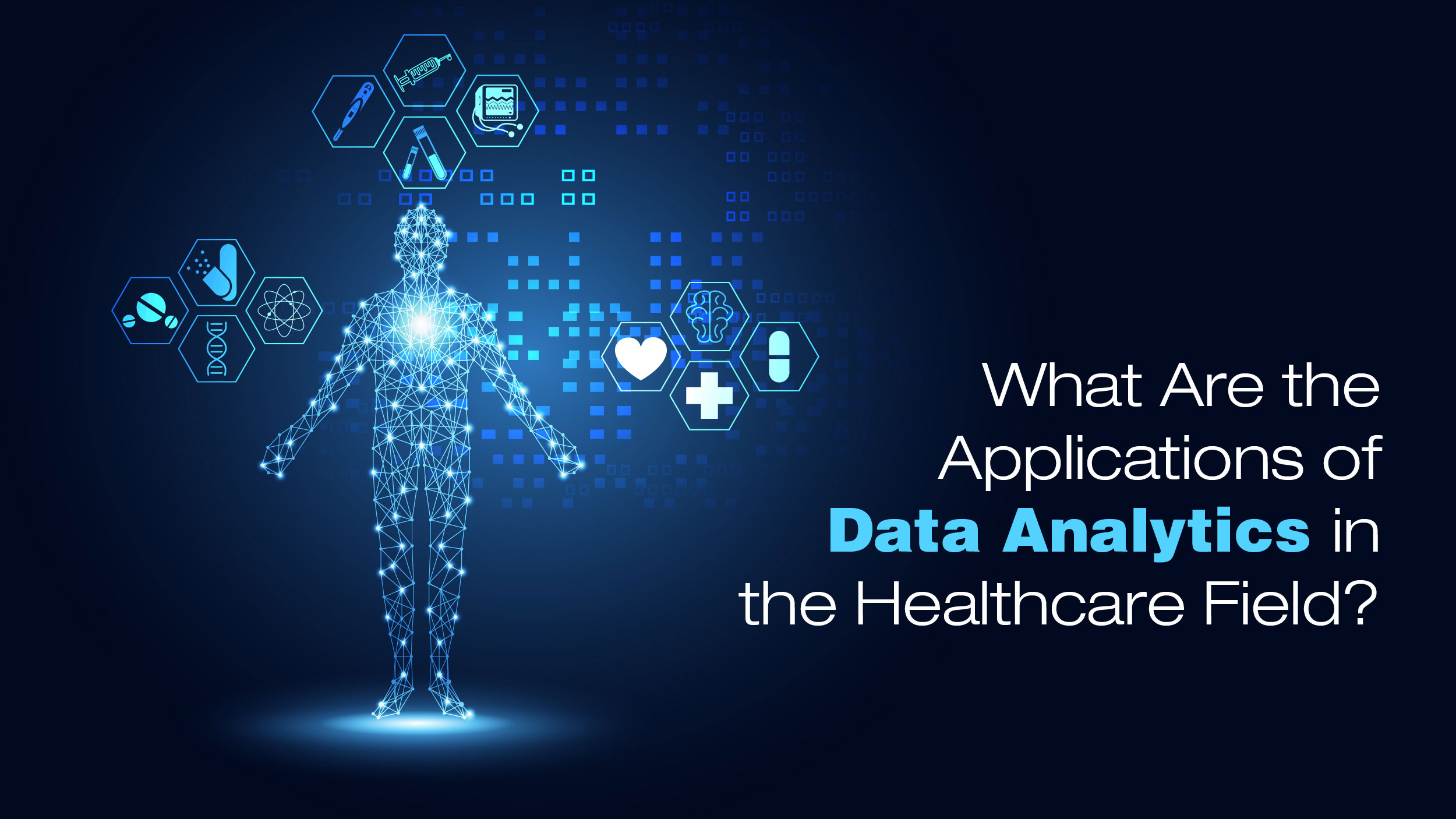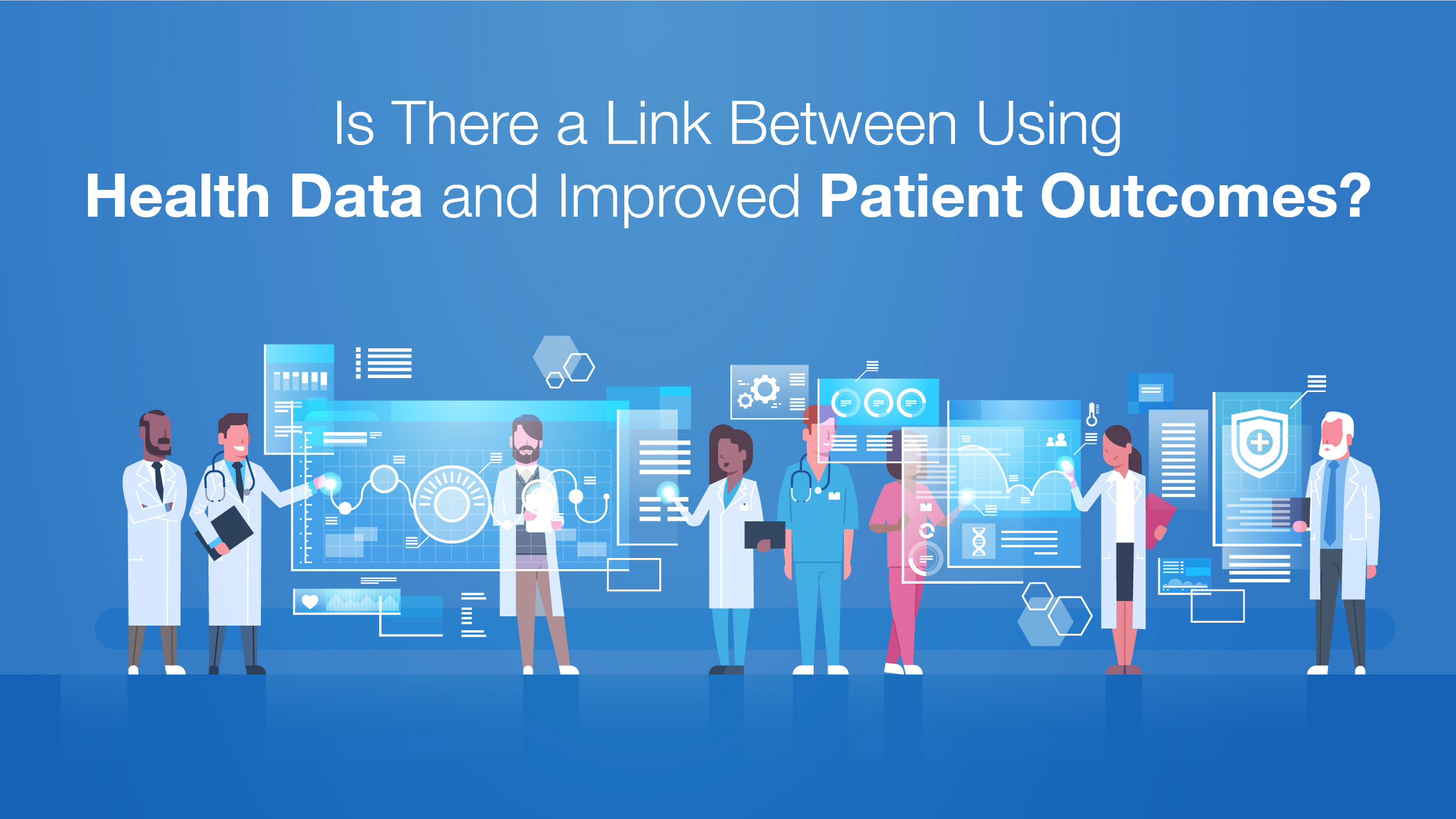Over the past twenty years, the world has seen immense growth in available data. However, the fate of this data often remains unclear. A sizable chunk of it frequently stays unprocessed. However, both discarded and out-of-date data have the potential to be improved and turned into valuable resources for human use. Advanced analytics approaches must be used to reframe and amplify the value of data to achieve this. Analyzing both organized and unstructured data is part of the practice of data analytics, which aims to spot patterns and extract insightful information.
Just like valuable raw material, unused data can be transformed into business intelligence. To accomplish this, data analytics is essential for every industry. However, among all sectors, the healthcare industry stands to benefit the most from advanced data analytics technology.
Let’s learn more about data analytics in healthcare, uncovering its advantages and the increasing demand it faces across the industry.
What Does “Data Analytics in Healthcare” Involve?
Data analytics is the act of examining unprocessed data in order to determine trends and facilitate better decision-making. It applies to all kinds of businesses, particularly to those in the healthcare industry.
The use of data analytics in healthcare is crucial. According to the Harvard Business School, it aids healthcare organizations in the evaluation and development of practitioners, the detection of scan anomalies, and the prediction of disease outbreaks. Furthermore, the utilization of data analytics has the potential to enhance business intelligence and generate cost savings for healthcare companies. Most importantly, it supports healthcare organizations in making better choices pertaining to patient care.
What Are the Applications of Data Analytics in the Healthcare Field?

The healthcare industry generates massive amounts of data. However, data analytics is necessary to transform this data into valuable insights for enhancing patient outcomes and operational efficiencies. Using data analytics in healthcare helps healthcare providers overcome many operational obstacles.
It can apply to every aspect of patient care or operations management. Data analytics can make healthcare data easier to share both internally and externally. It provides accurate and data-driven forecasts in real-time to help medical professionals understand the evolving healthcare markets and trends.
An analytical approach can improve existing processes and enhance patient care to save lives. To apply data analytics techniques, different forms and types of data are combined and applied in different healthcare settings, such as medical research, public health departments, etc. Health-related data sources consist of electronic health records (EHRs), medical imaging, medical informatics, sensor informatics, and so on.
Upsides of Using Data Analytics in Healthcare
Analytics techniques are used in healthcare settings, medical research, and public health departments to combine a wide variety of data types and forms. EHRs, genomics, postgenomics, bioinformatics, medical imaging, sensor informatics, medical informatics, and health informatics represent just a few instances of health-related data sources.
Data analytics has brought about numerous benefits, including enhanced production, enhanced decision-making, and increased efficiency for a wide array of businesses. The healthcare sector is no exception.
Listed below are some of the major benefits provided by data analytics in the healthcare industry:
- The first and foremost benefit of data analytics in healthcare is the improvement of patient health. The information derived from big data analytics provides deeper healthcare insights, thus reducing uncertainty in patient treatment.
- The ever-growing human population generates a wide range of data that can be segmented for a particular section of patients. This is possible through predictive analytics. Predictive analytics provides information about patients at higher risk of certain diseases so healthcare providers can start treatment as soon as possible.
- Electronic health records (EHRs) are a blessing when data analytics are applied. EHRs provide an in-depth view of a patient’s overall medical history for effective diagnosis and treatment.
- EHRs further help in cost reductions as healthcare providers use the data from EHRs to understand and track a patient’s health patterns to avoid unnecessary hospitalization.
- Patient data derived from remote patient monitoring devices helps healthcare providers keep a tab on a patient’s overall health. Through this data, healthcare providers can also plan a wellness program based on patient needs.
Data analytics in healthcare offers several tangible benefits in real-world applications. These include advanced risk and disease management, patient prediction to improve staff alignment, telemedicine, fraud reduction, enhanced security, and much more.
Healthcare analytics holds the potential to improve the quality of life in general by avoiding preventable diseases, reducing the cost of treatments, predicting epidemic outbreaks, etc. However, the growing population all over the world is creating new challenges for treatment delivery methods. Data analytics in healthcare can effectively help healthcare professionals collect health data and devise the best possible solutions.
Is There a Link Between Using Health Data and Improved Patient Outcomes?

The ability of healthcare practitioners to give patients high-quality care effectively and efficiently has already been improved significantly by the impact of data analytics in healthcare. However, as additional types of data become accessible and new tools are produced that make the analytics’ findings clearer and simpler for healthcare practitioners to access, the role of data analytics in enhancing healthcare processes and patient outcomes continues to increase and expand.
Understanding the technology’s application for addressing challenges faced by healthcare providers, such as staff recruitment & utilization, operational efficiencies, and improved patient experiences, is the first step in realizing the potential of data analytics to transform the healthcare industry. Knowing patient requirements is essential for providing patient-centered care. The key to gaining access to this crucial information is data analytics.
What Changes Will Data Analytics Bring to Healthcare in the Next 10 Years?
In the upcoming ten years, artificial intelligence (AI) will influence data analytics in healthcare substantially. For instance, the field of clinical decision assistance powered by AI is still in its infancy. This form of assistance involves comparing patients with similar profiles within a system and alerting healthcare practitioners to data trends that might have otherwise been overlooked.
Big data will be used in the healthcare industry to screen for drug interactions that are difficult to detect in small studies and to stop patients from taking harmful drug combinations.
Medical decisions made by doctors, such as determining which tests or treatments to administer to a specific patient, account for 80–90% of all healthcare spending. Hence, employing AI to make more informed medical decisions will reduce healthcare expenses. In the realm of healthcare advancements, having well-informed leaders is pivotal.
In light of advancing technology and the growing accessibility of data, healthcare systems and professionals need to embrace the potential of data analytics. By doing so, they can work towards building a healthier and more efficient future for everyone.






